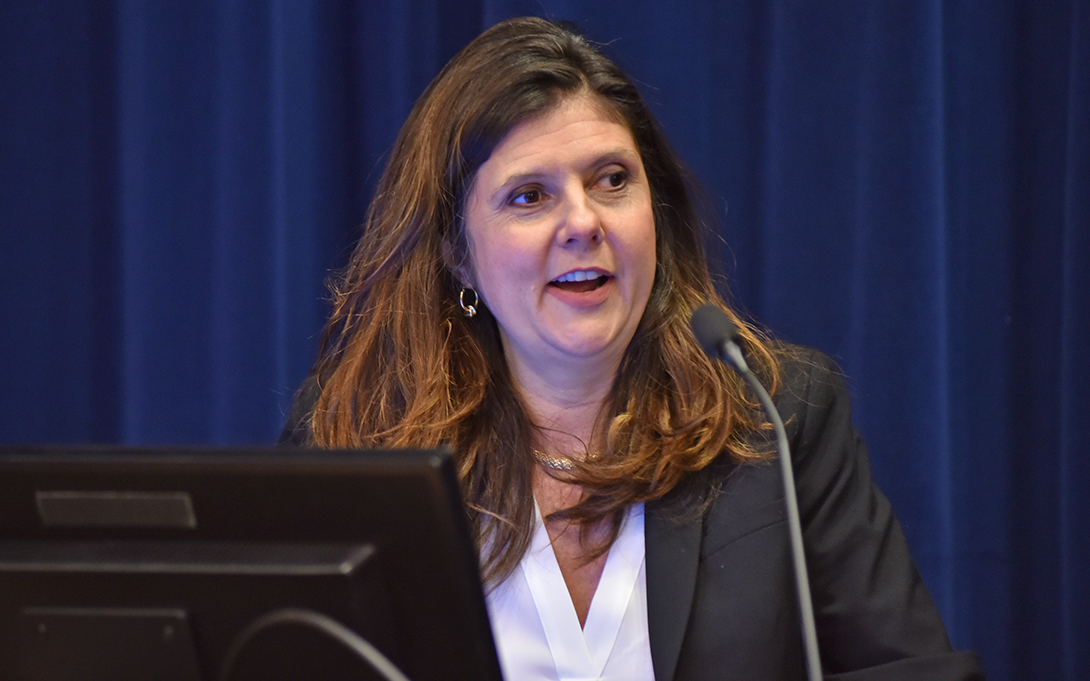
Economist Betsey Stevenson comments on the effects of workplace harassment of women on the field of economics as a whole in a recent article in The Atlantic.
Stevenson noted that within the profession of academic economics, “We treat women terribly. We treat minorities terribly. We’re really a discriminatory institution.” Harassment and discrimination are so pervasive within this field that just one in five women described themselves as “satisfied” with the climate in the profession.
It is highlighted that while the culture and standards within economics have improved over recent years, not enough has been done. “Economists are naturally disinclined to think this is a big deal or that it is even happening,” Stevenson said. “The fear of people being falsely accused is so much bigger than the fear of not outing people.”
The impact of harassment in dis-incentivizing women to pursue academic economics is also tremendous. “So many of the men in economics have a hard time seeing people as human,” Stevenson said. “They don’t really understand the cost of sexual harassment. They don’t understand the way it can sap your motivation. They don’t understand the way that can make you doubt your own abilities, question yourself.”
In addition, the harassment of women in the profession of economics is linked to oversights of American economic policy. For example, the US’ lack of investment in child care and early-childhood education is still treated as a niche “women’s issue” instead of a notable policy flaw in the country’s economic system. “If you called that an infrastructure issue, you’d get a lot of eye rolls today,” says Stevenson.
Read the entirety of Annie Lowrey’s article on “Harassment in Economics Doesn’t Stay in Economics” published in The Atlantic.

